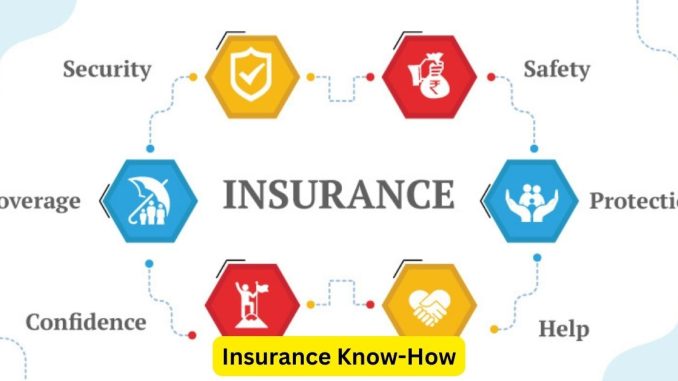
Insurance is a vital component of financial planning, providing a safety net for unforeseen events. However, the intricacies of insurance policies can be challenging to navigate. To empower individuals with the necessary knowledge, here are expert strategies for understanding insurance policies and making informed decisions about coverage.
1. Read and Interpret Policy Documents: Understanding the terms and conditions of your insurance policy is fundamental. Take the time to read through the policy documents carefully. Pay attention to coverage details, exclusions, and limitations. If any language is unclear, don’t hesitate to reach out to your insurance provider for clarification.
2. Clarify Key Terms and Concepts: Insurance policies often contain industry-specific terminology that may be unfamiliar to policyholders. Familiarize yourself with key terms such as deductibles, premiums, coverage limits, and exclusions. Knowing these terms will help you make sense of the policy details and assess whether the coverage meets your needs.
3. Seek Guidance from Insurance Professionals: Insurance agents and brokers are valuable resources when it comes to understanding policies. Don’t hesitate to ask questions or seek clarification on aspects that seem confusing. These professionals have the expertise to explain policy nuances, ensuring you make informed decisions based on your unique needs.
4. Understand Coverage Limits and Deductibles: One of the critical elements of any insurance policy is the coverage limit and deductible. The coverage limit is the maximum amount the insurance company will pay for a covered loss, while the deductible is the amount you must pay out of pocket before your coverage kicks in. Striking the right balance between these two factors is essential for comprehensive and cost-effective coverage.
5. Pay Attention to Exclusions: Every insurance policy has exclusions – specific circumstances or events that are not covered. Take the time to understand these exclusions, as they can significantly impact the effectiveness of your coverage. If necessary, consider additional coverage options to fill any gaps that may exist.
6. Compare Policies: Before committing to a specific insurance policy, compare offerings from different providers. Assess not only the cost but also the coverage details. Online comparison tools make this process more accessible, enabling you to make side-by-side evaluations and choose the policy that best aligns with your needs.
7. Regularly Review and Update Policies: Insurance needs can change over time due to life events such as marriage, the birth of a child, or a change in employment. Regularly review your policies to ensure they remain relevant to your current situation. Update your coverage as needed to maintain comprehensive protection.
8. Stay Informed About Policy Renewals: When policies come up for renewal, take the opportunity to reassess your coverage. Don’t automatically renew without reviewing the policy details. Changes in your circumstances or the insurance landscape may warrant adjustments to your coverage to ensure ongoing adequacy.
In conclusion, mastering insurance know-how is crucial for making informed decisions about coverage. By reading and interpreting policy documents, clarifying key terms, seeking guidance from professionals, understanding coverage limits and deductibles, paying attention to exclusions, comparing policies, regularly reviewing and updating, and staying informed about policy renewals, individuals can navigate the complexities of insurance with confidence, ensuring their financial well-being in the face of life’s uncertainties.

Leave a Reply